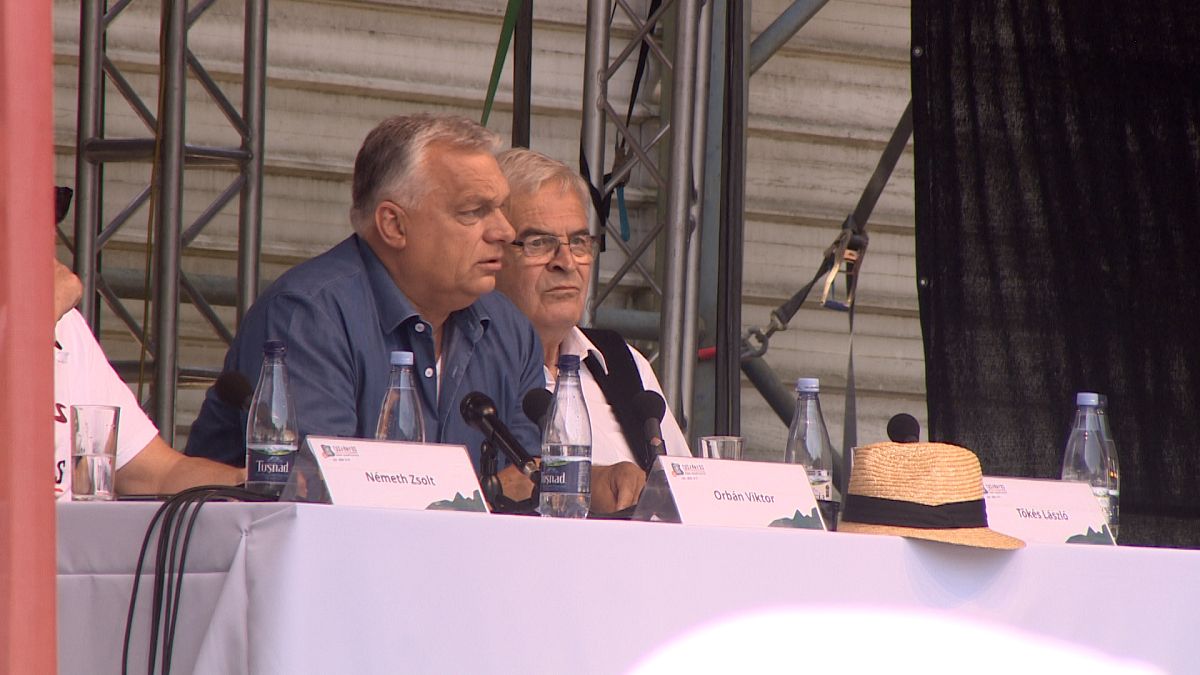

Recent global events have highlighted a web of political interactions requiring diplomatic finesse, particularly in Europe and the Middle East. These dynamics are visible not only in large geopolitical strategies but also in grassroots issues affecting everyday citizens.
In Hungary, Prime Minister Viktor Orban has been at the center of attention due to his firm stance on the European Union’s budget. His plans to veto the budget stem from frustrations over frozen EU funds, a contentious point that has strained Brussels-Budapest relations over the years. This situation is further complicated by Hungary’s differing views on Russia’s actions in Ukraine, adding layers of diplomatic tension to an already complex scenario. These challenges underscore the need for thoughtful negotiation and collaboration within the EU for the prosperity of all member states.
Meanwhile, in the Middle East, efforts towards peace have been spotlighted by the unified call from the leaders of France, Germany, and the United Kingdom for a ceasefire in Gaza. This plea highlights the international community’s concern over the current humanitarian situation. Talks have been ongoing, with British Prime Minister Keir Starmer seeking to engage US President Donald Trump in resuming ceasefire discussions. The collaboration between these leaders reflects a shared aspiration to alleviate suffering and bring stability to the region through concerted diplomatic efforts. Engaging all parties, including influential global powers, remains crucial in moving forward.
Similarly, US domestic politics find themselves influencing international discussions, particularly concerning immigration policies. President Trump’s statements on immigration, describing it as ‘killing Europe,’ come alongside his administration’s recent pushes within the United States. These pushes include urging states to exclude immigrant students from receiving in-state tuition benefits. These policies have sparked debates on immigration’s broader impact on society, both in the US and abroad. In courts, Trump’s propositions on birthright citizenship have faced repeated legal challenges, reflecting a society grappling with the balance between security and inclusivity.
Adding to these complex scenarios is President Trump’s visit to Europe, specifically in Scotland. His meeting with European Commission Chief Ursula von der Leyen held potential for progress in US-EU trade discussions. While no immediate breakthroughs were reported, the commitment to continue dialogue points towards hopeful long-term solutions. Such engagements emphasize the importance of maintaining open channels of communication in resolving intricate trade disagreements, fostering economic growth on both sides of the Atlantic.
The ongoing efforts in these diplomatic theaters are a testament to global interdependencies and the nuanced, often challenging paths towards consensus and peace. These stories remind us of the power of diplomacy, urging international cooperation and understanding over conflict and division. As global citizens, mindful of our interconnectedness, we witness these developments with the hope that they lead to positive and meaningful outcomes for communities worldwide.
Source: {link}
